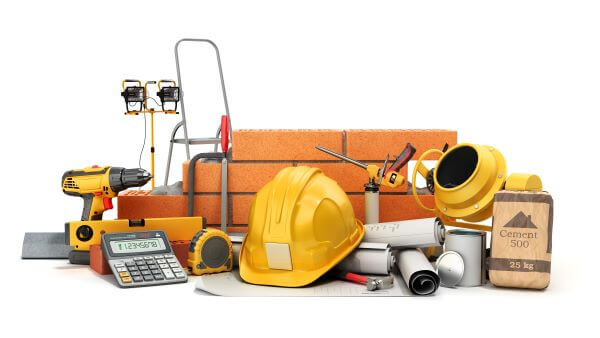For any project in any sector, building and nurturing strong relationships is crucial for success. This is particularly relevant within the constructi
For any project in any sector, building and nurturing strong relationships is crucial for success. This is particularly relevant within the construction sector. With projects often involving multiple stakeholders, strict deadlines, and tight budgets to adhere to, relationships between suppliers and contractors directly impact the project’s success.
In order for jobs to run both smoothly and safely, the relationship between suppliers and contractors needs to be considered of the utmost importance.
Identifying reliable suppliers
In order to start on the right foot with a supplier, it is vital to spend time identifying the right one. First, start by checking the credentials of a range of suppliers, including any certifications they have. It may be that you are looking for something specific, such as working at heights certifications, in which case, certain suppliers will be automatically excluded from your shortlist.
As well as certifications, you should also seek references for any supplier you are considering. If you want to do further due diligence, then you could enquire about conducting a site visit to one of the supplier’s current jobs to get first-hand experience of how they work.
A supplier can have all the credentials under the sun and still might not be suitable for you. As well as looking at a supplier’s accreditations, don’t ignore your initial impressions and the general feeling you get upon talking to them first-hand.
Establish clear expectations
Once you have chosen your supplier, it is important to establish clear expectations early on before work begins. This should be done during the contract negotiation/ agreement stage and should cover deadlines, pricing, and quality standards. Make sure to be completely transparent with your terms and conditions, including payment terms, warranties, and dispute resolution processes.
As well as measurable terms, don’t forget to run the supplier through other areas where you may have specific expectations on-site or preferences for how to contact key people.
Setting expectations works both ways; it is handy to make sure that you are aware of your suppliers’ expectations of you.
Communication is key
Seamlessly communicating with a supplier is the best way to prevent mistakes, streamline the project process, and help speed up any required issue resolution. Anything from supply chain disruption to material shortages can create lengthy project delays if not communicated effectively.
One way to ensure that everything is up to standard is not to cut corners when it comes to quality control, everything from the plywood used to the PPE worn on-site should be checked in order for the project to run as best as possible.
While communication is essential, it is also crucial that your supplier feels trusted, so be sure to avoid micro-managing.
Maintenance
As well as establishing a positive relationship, it is mutually beneficial to consciously maintain the relationship too. It can be useful to check in with your supplier after works have been completed to gauge how they felt about the success of the project and learn about future projects they are working on and if there is scope for any future collaborations.
Once you have firmed a solid relationship, you can then begin to recommend each other for future work.



















































































































COMMENTS